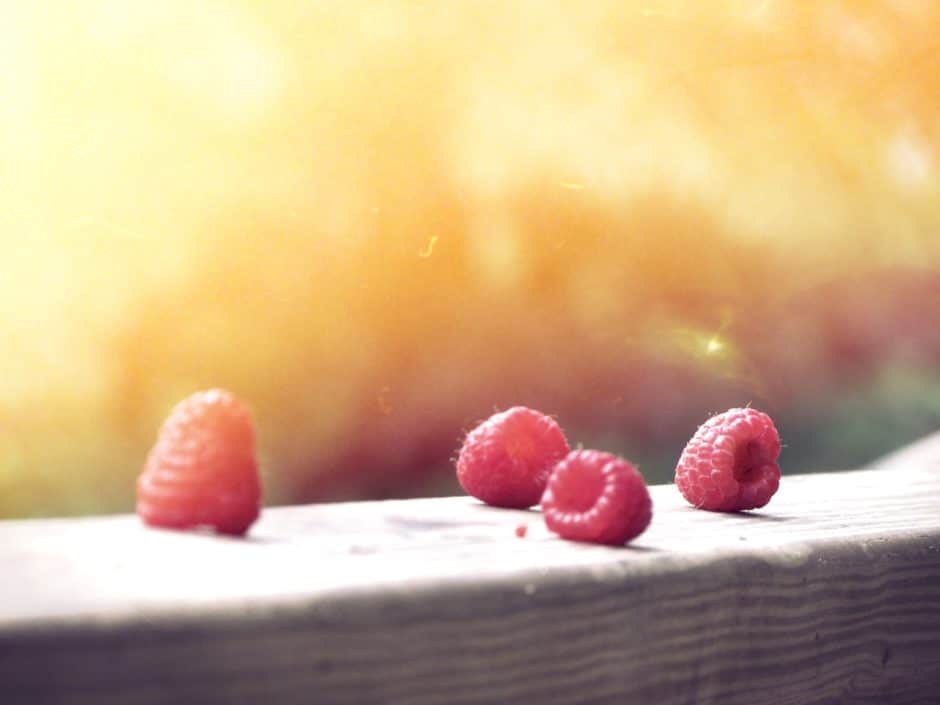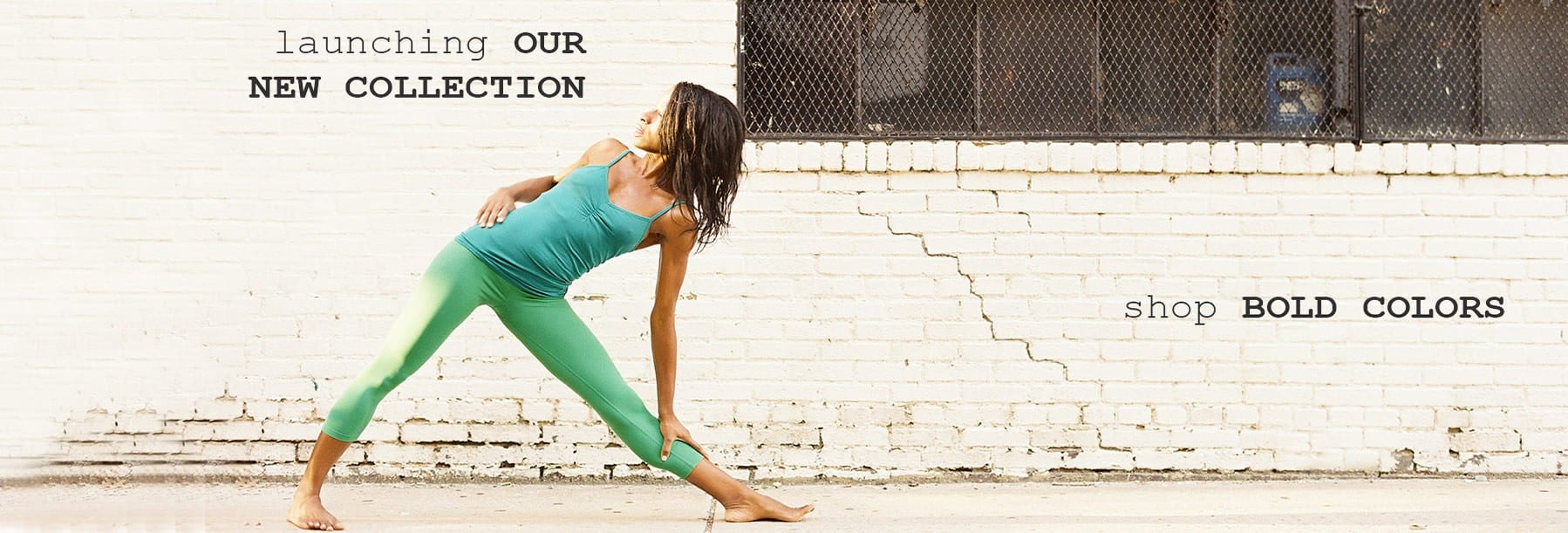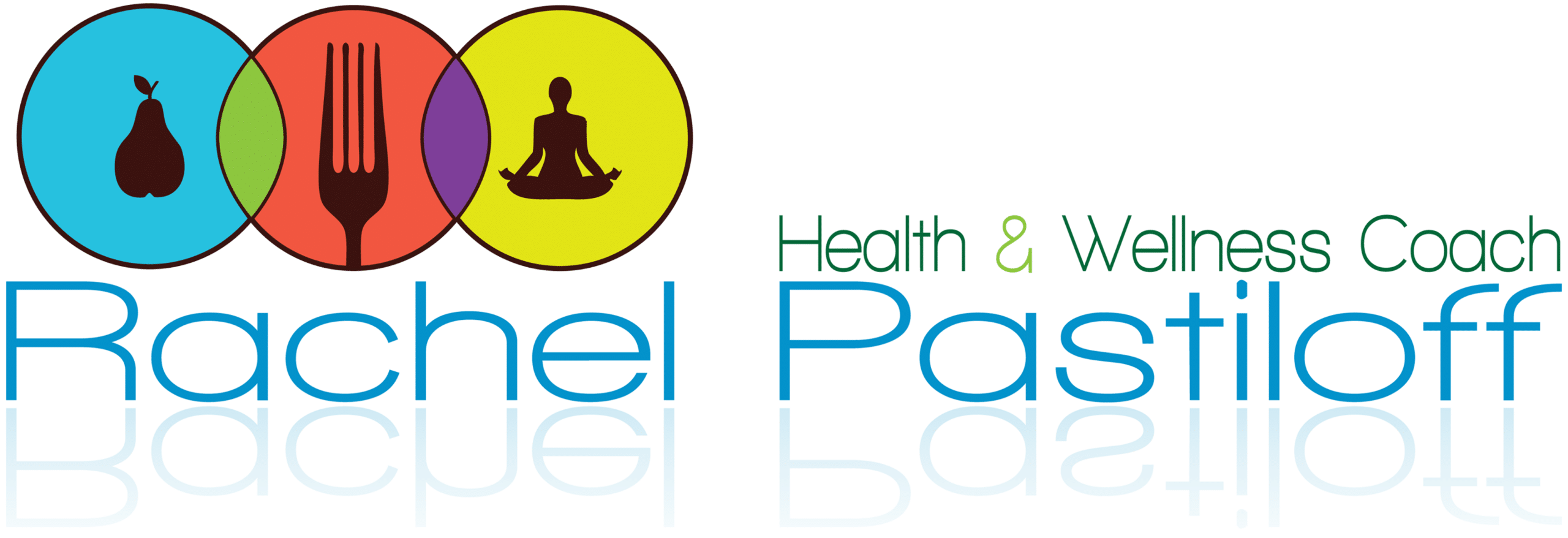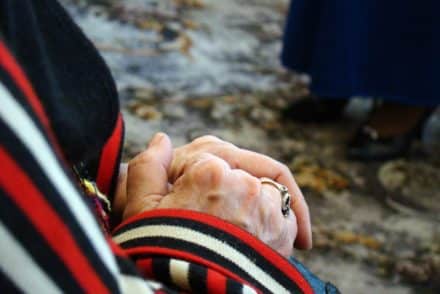
Jen Pastiloff is the founder of The Manifest-Station. Join her in Tuscany for her second Manifestation Retreat this year. Click the Tuscan hills above. No yoga experience required. Only requirement: Just be a human being. Sep 26-Oct 3, 2015
By Kit Rempala.
“So, this is rock bottom,” I find myself thinking again. “How does it feel?” Just seconds before I had been bounding up the stairs into the darkness, calling to my family that I’d be back in a few minutes, smiling. Always smiling. But once that light clicks on, that door slides closed, the lock turns over with that slow, grinding sound that reminds me of stiff, cracking joints – the world goes silent. On the other side of that door the rest of the house vanishes, as if I’ve been scooped up and deposited into the back pocket of the world. My entire universe is reduced to a bathroom. And once that lock turns over, I’ve got nothing left.
To me, rock bottom looks an awful lot like the bottom of a toilet bowl. With one hand around my skinny ankle and a toothbrush down my throat, I deposit the last shreds of my dignity into the water below. I stand to make it easier, though I tell myself it’s because I refuse to kneel before this disease. It’s a sad way of reassuring myself that there’s still some fight left in me.
The lining of my stomach blisters with the presence of food. The slightest crumb is too heavy for it to bear. It rejects each meal like a cancer, stretching bigger and bigger as though it would rather rip than absorb the toxin I’ve planted at its core. Nerve endings are peppered with the gunfire of pain. My abdomen swells like the belly of a pregnant woman, preceding me wherever I go. A dull ache spreads from my midsection to my mind, begging me to make it stop.
I never believed in sin before anorexia and bulimia. And yet now I feel the burden of sin inside me, not as something I carry but as something I am, a piece within me, an inseparable devil and parasite. It whispers to me and I believe what it says. Food angers it; I writhe in its fury – and I find myself craving a salvation that has nothing to do with God. I crave relief from the heaviness in my guts as much as anyone else craves the food itself.
When I purge I feel a purification taking place. I yearn for the serene feeling that descends upon me like an angel of mercy as I scrape myself clean of the poison I’ve ingested, the poison that to anyone else is the vital nutrient of life. After the pain comes the silencing of those damned whispers, and with the relief comes the shame. Day after day, I sacrifice bite after bite. Meal by meal, I sell my soul… to a toilet.
I close my eyes and think of the walls, eternally texturized with evidence of my shame, bits of food that have been spat right back at me and adhered to the paint like concrete. I tell myself I will clean it tomorrow, to spare my poor mother, but what’s the point when it will just be replaced? Same walls, different splatter. Different splatter, same shame.
Opening my eyes I to pause and take up a breath before plunging my face back down, as though diving into the water, the brush diving down my throat. I close my eyes and listen to the water rushing into the sink behind me, the sound of it soothing the darkest confines of my soul. As I lurch and heave my consciousness folds inside itself. Once my eyes shut I can feel myself telescoping, imploding – sinking down, down into the depths of my insides where everything is a black, warm, empty numbness – where my mouth is a pinhole of light in the roof of the pit, a light that flickers with the presence of a toothbrush.
On the outside I can feel the hairs on my arms bristling as goosebumps erupt beneath my skin. The whole of my body quakes as I slowly fill with the inane, metaphorical fear that I will snap in half and the façade will come crumbling down: the physical me broken and mental me lost forever within the rubble. We’ve never been the same person, anyway, the physical girl and I. Duplicity is a heartless bitch.
I purge until my throat is so sore I can’t speak, adding injury to insult: allowing a disease to steal my voice in both a literal and figurative sense. I purge until my jaw and fingers ache like my heart in my chest. I purge until my face burns white-hot and my ears pop with pressure. I purge until I cry uncontrollably, wishing I could stop and not wanting to all at once, tears and food-sludge mingling like old friends in the water. Amid embarrassment and confusion I flush them down, swallowing the pride that wells up if the pipe happens to clog.
The ceremony is over. Upon straightening I shake dizziness from my buzzing head. I check my belly for signs of distention, an action I perform with such frequency that it’s become as perfunctory as breathing or blinking. I can never be satisfied unless it’s shrunken away beneath my hip bones, my innards coiled beneath the flatness of my skin like a monster below the surface of calm water. At the sink, I force myself to look my reflection in the eye, wash the smell of vomit off my hands with water that never feels hot enough. “How does it feel?” I ask again. My bloodshot eyes look like glass, and that gives me enough of an answer.
As I wipe away my tears I note the petechiae blooming about the corners of my eyes – clusters of red pinpricks that gather beneath my skin when the pressure of purging bursts small capillaries. They serve as my scarlet letter. I used to cover them with makeup but haven’t since I was seventeen.
I never call them “petechiae.” I call them my sugar-spots, after the smattering of little, brown dots that appear without fail on overripe bananas. We are all bananas, after all: we (girls and boys, men and women) who have eating disorders. We come into this world so green and innocent, with thick skin and a tough exterior. But life changes us; it gets to us. It taunts us with threats that nobody likes under ripe bananas, that no one will like us the way that we are, that we aren’t good enough but we could be yet, if only we tried hard enough…
The disease makes us feel – just like a banana – oh so sweet. We believe its lies. We chase after that sweetness. It begins in the mind and then spreads to the body: it eats us from the inside out. Our greenness pales to yellow as our insides rot away, and by the time the outside withers enough to show the bruises it’s often too late. The spots show only the surface disruption. Before we know it, we’ve gone overripe. It can happen that quickly, in just a matter of days. The sugar-spots are our final, silent cry for help.
I’m a Sugar-Spots Girl. I’m as sweet as can be. But the sweetness turns bitter. We all know it does. I may be ashamed of what this disease makes me do, but I will not feel ashamed for having it. I, and so many others, am and are victims, after all. And that’s why I don’t hide the sugar-spots on my peel. Feeling shame and hiding it are two completely different monsters. We have to allow ourselves to reach out, even if the only way we know how (or are able) is the refusal to paint ourselves up in concealer – to paint ourselves up like we’re healthy and normal. We must choose to fight, if only in the smallest of ways. Life can bruise us for any number of reasons – but it’s up to us as to whether those bruises are from fighting or just allowing ourselves to rot away. We can’t let ourselves rot. We’re far too beautiful to spend our lives locked in bathrooms, tending to our bruises in the tightness of silence.
Kit Rempala is a collegiate philosopher-in-training, budding writer of poetry and short (non)fiction, art history enthusiast, amateur vegan chef, animal and nature lover, spiritual empath, and yoga practitioner. As an eating disorder survivor, she strives to imbue whomever she can with strength, love, and awareness to combat the stigmas associated with struggles in mental health. She spends her days drinking coffee and dancing to strange music in her hometown of Villa Park, IL.

Join Jen Pastiloff, the founder of The Manifest-Station, in The Berkshires of Western Massachusetts in Feb of 2016 for a weekend on being human. It involves writing and some yoga. In a word: it’s magical.

Join Jen and Emily Rapp at a writing and the body retreat in Stowe, Vermont Oct 2015. This will be their 3rd one together in Stowe. Click the photo to book.






2 Comments
Incredibly powerful. Beautifully written. Your bravery and courage reach through in every word. I think I read the entire piece without breathing. Thank you.
I have never seen an eating disorder described like this before. Powerful. I am glad your bio says “survivor”. You are amazing.